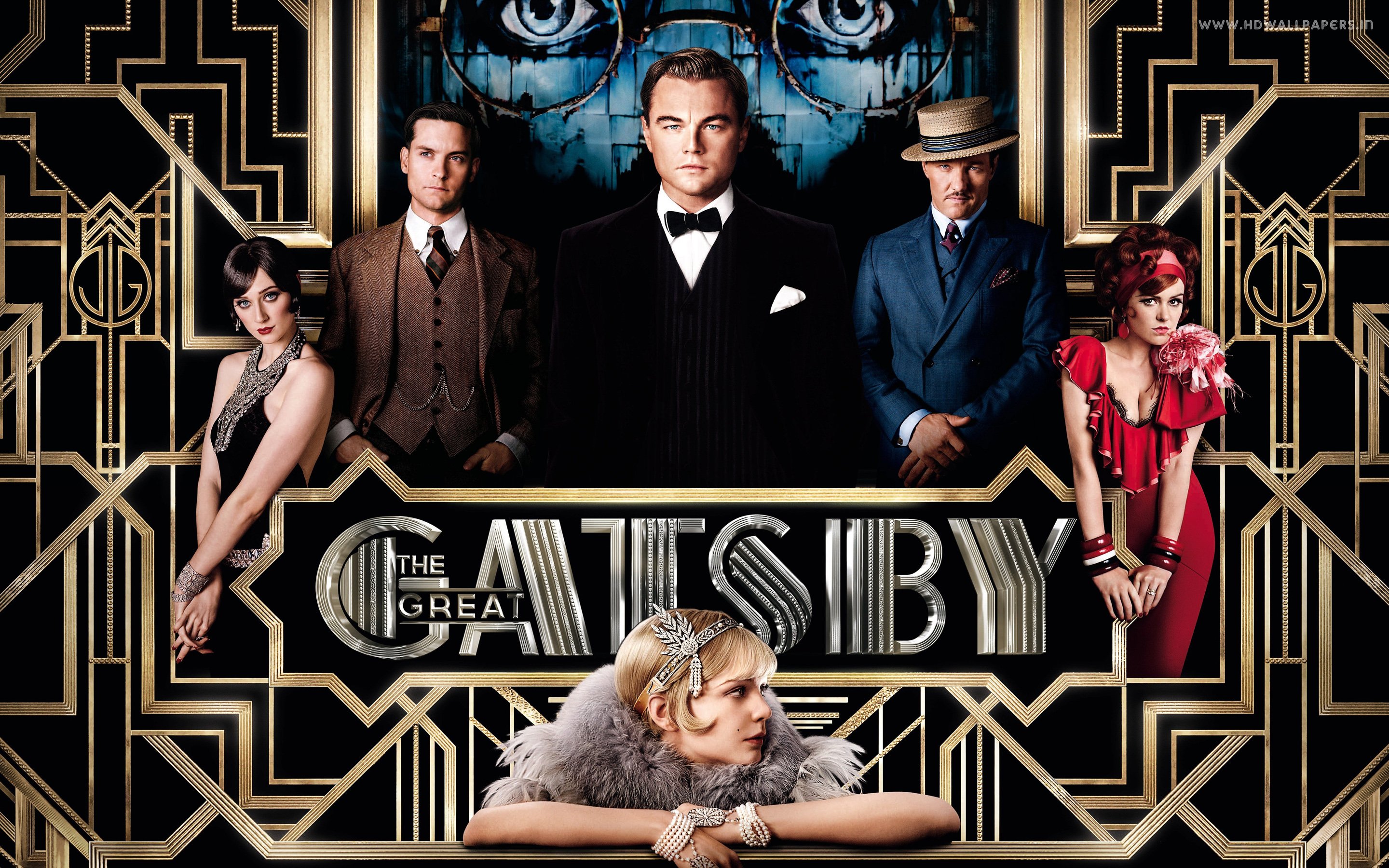Hi guys!
When I started this challenge, I always assumed there would be a post in which I rant about political correctness, and what better time would there have been to write about it than after the Charlie Hebdo attacks? However, I decided not to write about Charlie Hebdo when it was more prevalent. Fortunately for me, though, another news story has emerged, which has caused me to, again, become equally frustrated with the kind of society we live in.
A few days ago, a news story emerged regarding Benedict Cumberbatch, one of Britain’s most beloved actor, who caused outrage when he used the term ‘coloured’ regarding black actors. I have many coloured black friends, and if I was in the somewhat surreal situation of having to describe their skin colour, I would say black, and I like to think none of them would be particularly offended by that. But when Cumberbatch, who was supporting coloured black actors, comes under such heavy fire for use of a term, I just can’t comprehend how this incident could override the fact that Cumberbatch obviously isn’t racist or whatever.

I did do some research, and found that people regarded this term as ‘outdated’, and harked back to an era in which racial inequality was regarded as the norm. However, I have heard the term ‘coloured’ be used recently, and there has never been any reaction. This will always lead to the same point, for me at least, regarding racism in our current society, being that whilst racial slurs obviously do exist, dwelling on non-racist remarks, which may just be misunderstandings, will never achieve racial equality, or any equality for that matter.
Fortunately, Cumberbatch has received plentiful support from coloured black actors, in particular David Oyelowo, who has been lauded for his performance of Martin Luther King Jr. in the Oscar-nominated film Selma. Oyelowo told the BBC that “to attack him for a term, as opposed to what he was actually saying, I think is very disingenuous and is indicative of the age we live in where people are looking for sound bites as opposed to substance.” I like to think he’s got that spot on.
Oyelowo has been in the media recently as he, surprisingly, wasn’t nominated for Best Actor at the recent Oscars. This has been part of a major controversy where of the twenty individuals nominated for acting awards this year, not a single one is black. Again, this is such a major example of people trying to find examples of racism in situations where racism simply doesn’t exist. No, there are no coloured black actors nominated, but there are also no Muslim actors, Jewish actors, half-caste actors (sorry, turns out I’m not allowed to say that), no gay actors, no Russian actors, no actors from Manchester, who have been nominated. Where are their advocates! In fact, JK Simmons represents the only bald actor nominated for an Academy Award this year. What sort of world do we live in…
I’m rather good at digging holes for myself in these sorts of situations, but I’m not at all trying to deny the existence of racism, nor am I trying to diminish how awful racism is. I am, however, trying to point out the novelty of the arguments of anti-racism organisations, such as Show Racism The Red Card (who have been particularly angry with Cumberbatch, who happens to be an albino white actor), who seem to think that equality will be achieved by demonising mistakes, instead of supporting education and proper steps to achieving equality. Maybe I’ve just been living under a rock, but I never knew how derogatory ‘coloured’ was as a term. Does that make me racist? I like to think it doesn’t, because as a Jew, I’ve certainly succumbed to my share of racist comments, and I don’t like it one bit.
This is probably why I normally avoid posts like this one, but what the heck! I’m four from the end of my challenge. So there.
As I said, I do dig holes for myself, and as a result I have been accused of just about everything. I was accused of sexism because I travelled to Israel during school for my cousin’s Bar Mitzva, and not another cousin’s Bat Mitzva (even though I did). I’ve been accused of racism for saying that maybe David Oyelowo didn’t receive an Oscar nomination for Best Actor because five other actors were better, and they just happen to be albino white. I’ve been accused of homophobia for not understanding ‘pansexuality’. I’ve been accused of Islamophobia for saying that the people at Charlie Hebdo shouldn’t have been killed, and that Islam isn’t a religion centred around peace, even though I went on to describe how no religion is really a religion of peace. You may be questioning this, but I assure you I am none of these things whatsoever. There. Disclaimer done.
Seinfeld, the ultimate sitcom, is often cited as developing the term “not that there’s anything wrong with that”, with reference to homosexuality in particular. In the episode The Outing, it is published in a local newspaper that Jerry and George are a gay couple, and not only was watching them run around convincing people they weren’t gay completely hilarious, but their approach to it was also very interesting. It showed that whilst they didn’t want to be considered homosexual, they also didn’t want to be considered homophobic, so have to repeat this phrase multiple times throughout the episode.
In conclusion, of course all of these phobias and isms are factors preventing any peace on this Earth from arising. However, where are we going to get to by demonising the Cumberbatches in this world who simply make mistakes? Shouldn’t we be focussing on the actual racists and homophobes and anti-Semites and sexists?

















